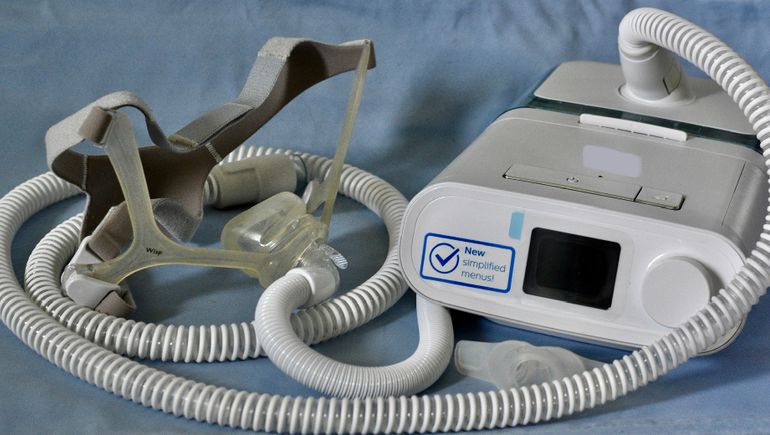Dive Brief:
- A lawyer has filed civil and criminal complaints against Philips in France over its recalled respiratory medical devices.
- The civil complaint covers 1,341 claimants who are seeking compensation for non-material damages tied to Philips’ failure to inform them of the danger the devices may present and for “anxiety-related harm.”
- A related criminal complaint was lodged by 215 people who accuse Philips of endangering the lives of others, aggravated deception and administration of harmful substances.
Dive Insight:
France has emerged as a hotspot for action against Philips. Last year, the French device regulator ordered Philips to repair or replace all of its recalled respiratory devices by the end of 2022. When Philips missed the deadline, the agency applied more pressure to the company and referred the case to a prosecutor who could bring criminal proceedings.
In parallel, lawyers behind a collective legal action platform have been preparing cases against Philips. Details of the legal activity became public last week, when attorney Christophe Lèguevaques began civil proceedings and filed a criminal complaint in quick succession.
In between the two filings, a toxicologist commissioned by the legal platform delivered findings from an analysis of data on Philips’ devices. The toxicologist said “continuing to expose individuals who believe they are receiving treatment, without their awareness, to [volatile organic compounds] and foam particles, known for their toxicological risks, is tantamount to endangering others.”
The language echoes the claims made against Philips in the criminal case. In a statement to disclose legal action in what they have dubbed “Respiratorgate,” the lawyers said the report’s conclusions “verify the allegations against Philips, concerning the respirators; toxicity, but more importantly, they underscore the criminality of the company’s conduct throughout this controversy.”
Lèguevaques said in the statement that Philips “deliberately put users’ lives at risk by withholding information that would have enabled the health authorities to assess the full extent of the problems and, ultimately, to save lives.”
In the U.S., the Department of Justice’s Consumer Protection Branch and Civil Fraud Section have opened a criminal and civil investigation, and Philips is a defendant in a number of consumer class action lawsuits and individual personal injury and other compensation claims.
In an emailed response to questions, Philips spokesman Ben Zwirs said the company “regret[s] the challenges our voluntary field safety notice is causing patients and customers.” He noted that Philips’ Respironics division, which makes the respirators in question, is conducting a “comprehensive test and research program” on the sound abatement foam to “better assess and scope the potential patient health risks.”
Initial results indicate “the occurrence of visible foam degradation is low and volatile organic compounds and particulate emissions related to foam degradation are within the applicable safety limit and are unlikely to cause appreciable harm to health in patients,” he said.
He would not comment on the specifics of the French legal challenges, saying the litigation is in “preliminary stages,” so it is too early to draw conclusions.
Philips has no intention of selling the troubled Respironics unit, and intends to “gradually restore” its market position, Zwirs wrote, noting that the company’s position has not changed since it made a similar statement in January.

